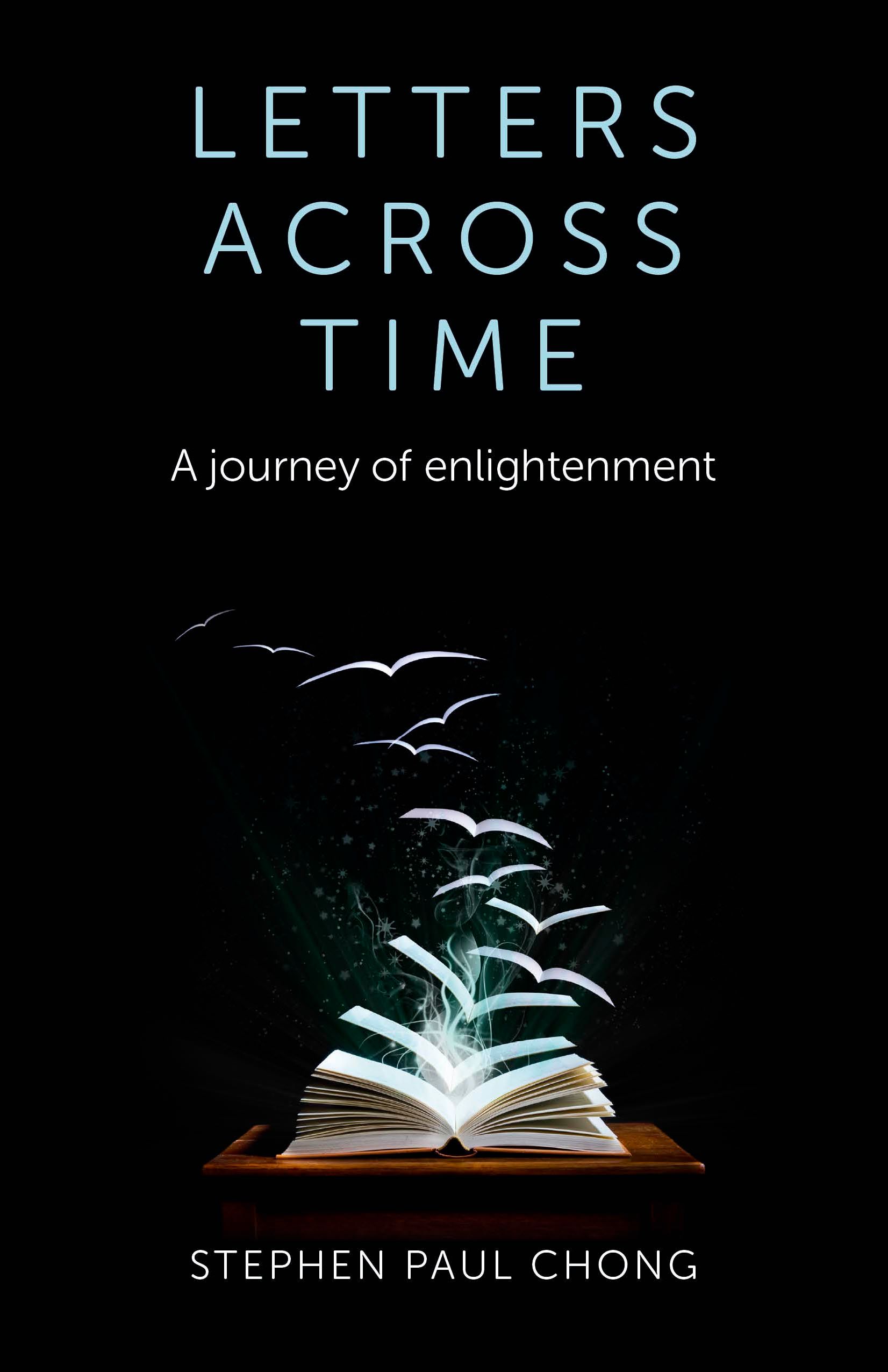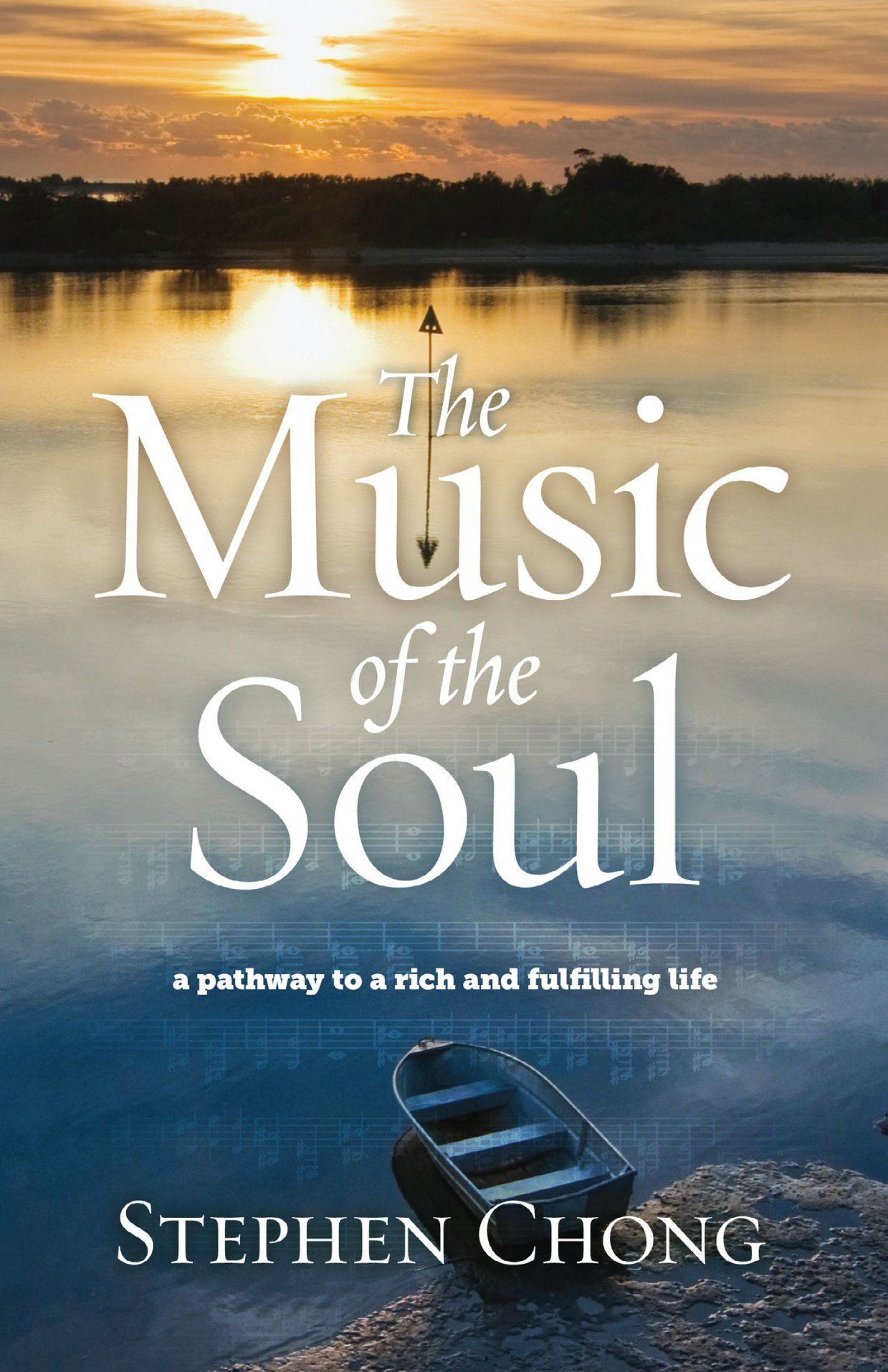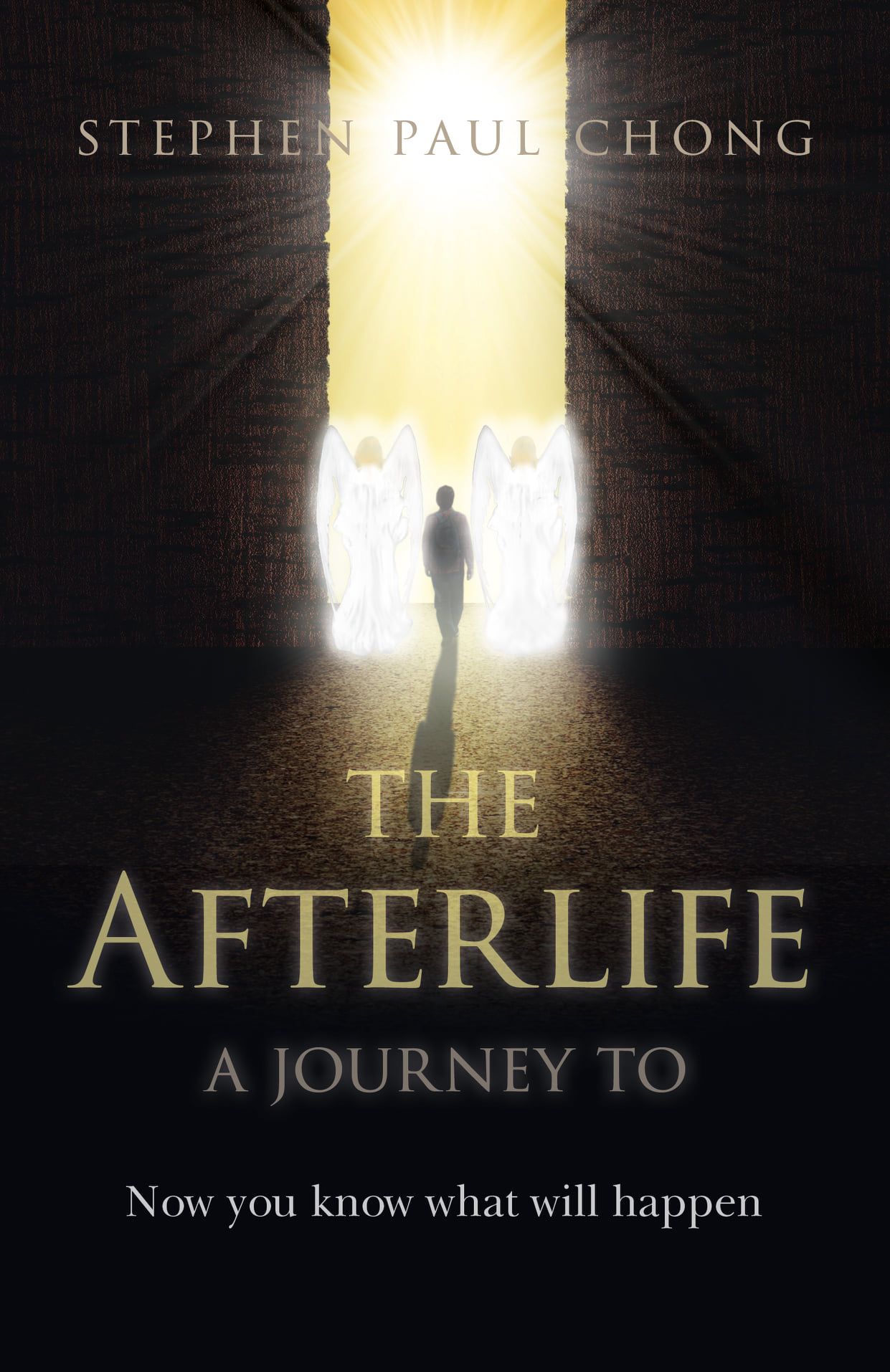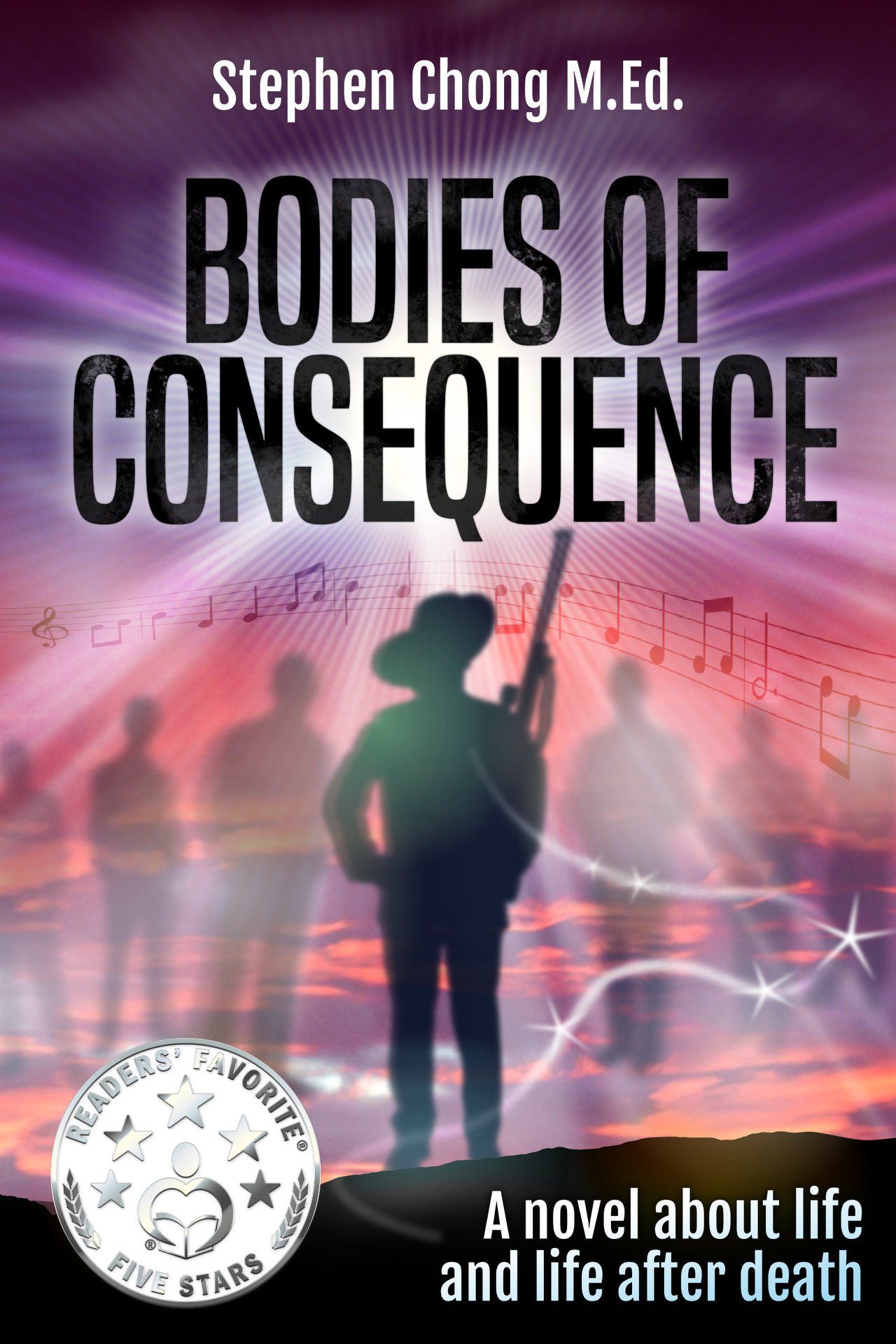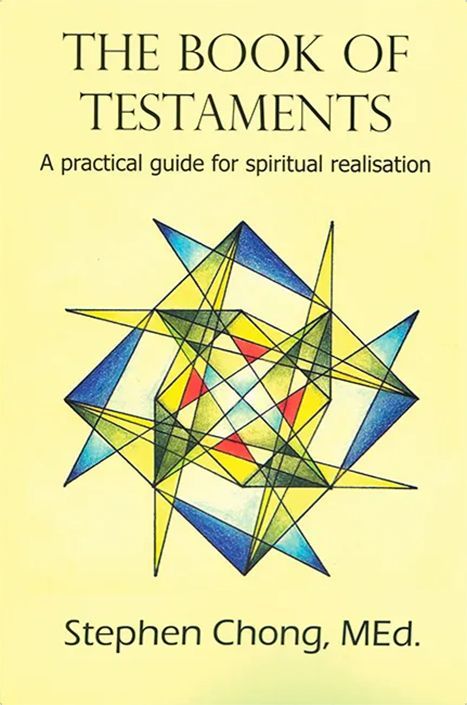
THE BOOK OF TESTAMENTS
A practical guide for spiritual realisation
A practical guide for spiritual realisation is designed to help up you face the challenges of the spiritual journey and realise your fullest potential in this lifetime.
An entire lifetime can pass by in a flash before we realise the great gifts and potential that life has to offer.
Reviews
This month the review is of a book by a local Kuranda author, Stephen Chong. Stephen has a Masters degree in Education and is a professional development coach as well as being an author.
There is a mass of what may be loosely called ‘new age’ literature in circulation, some of it rather obscure or futuristic, some of it being what many people would think to be rather ‘quirky’ or even bizarre. But there is also a strong emphasis on personal or ‘inner’ development in this literature, or what can be called ‘self improvement’. The Book of Testaments is in this category. This type of literature has become very popular during my span of life., particularly with the decline in the role of traditional organised religion in many people’s lives, and with the stresses and strains of contemporary living. I think back to a time of my youth, when Norman Vincent Peale was very popular with books and his world speaking tours. Much of this literature provides a service to those who have a need or desire to change their lives.
I approached The Book of Testaments thinking that it would be just another one of these kind of books, saying much the same as many of its predecessors. I have to say that I was pleasantly surprised, on a number of scores. For one thing, the book makes a strong overall impression for the need for positivity in each person’s life. There is so much negativity in the modern world – we are surrounded by it, in conversation, in the media, in politics, etc. etc. Overtime it inculcates in us (unless we are determined to counteract it) a way of thinking that can be quite depressing and destructive. We tend to turn it on ourselves and create ways of thinking and acting that are not positive, harmonious and loving.
Beyond that, The Book of Testaments displays a great tolerance for the multifarious belief systems that exist in the world. We are encouraged to look to them in seeking that which is of value in our lives, free of any prejudice. The Book asks us to seek out our own purpose in life and to adopt our own values, with the teachings of the various great religions and their founders (‘masters’) in aid. We are not alone. It recommends that we should commit to that purpose and to those values. The Book rejects the view that our lives have no purpose, and are merely a collection of random accidents – again, a very positive approach that is often lacking in this generation.
Thirdly, the Book is deeply spiritual, it views us all as being primarily spiritual beings having a physical experience, but it does not deny the importance of the physical and mental sides of our lives. The approach of some modern new age literature to the concept of the ‘spiritual’ can be rather fuzzy, but in this Book it is clearer. The impression the Book leaves is of the great importance of using the spiritual side of our nature to compliment the physical and mental in order to achieve a harmonious and joyful life as a result.
The Book of Testaments places great importance on the value of unconditional love, both for ourselves and for others. Life for Stephen is love expressed. The gift of life is contained in the opportunity to feel and express pure love. Sometimes this means we have to get out of our comfort zone. We must be willing to change and to experience the pain of change as well as the joy. Love expressed through life is to Stephen the greatest divine gift.
Perhaps I would have liked Stephen to discuss the relationship between love and justice and how they are to be reconciled, both being necessary elements to life in society. Perhaps there are other topics as well. But there is a limit to what you can do in one volume. On balance, I found myself accepting as valid and refreshing most of what Stephen has written in the book. I recommend The Book of Testaments.
Graham Nicholson - Hidden Words Bookshop
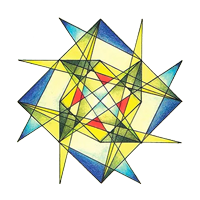
Stephen Chong (M.Ed.)
~ A life of substance
Book Sales & Enquiries
Phone: +61 414 438 909 | Email spchong10@gmail.com
All Rights Reserved | Stephen Chong Author

